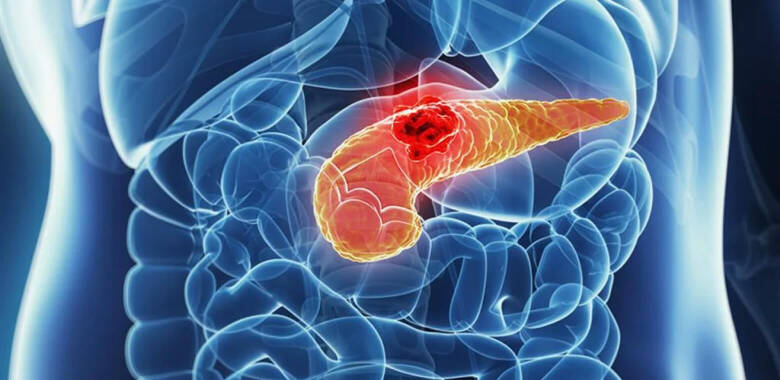Copenhagen researchers find low-carb diets reduce total insulin levels by 22%.
"Maintaining normal well-being in type 2 diabetes is not primarily about medication, but about proper nutrition and lifestyle changes," is a well-known statement made by a team of researchers from the University of Copenhagen.
According to them, replacing pasta, bread and potatoes with foods high in protein (meat, eggs) can significantly improve blood sugar levels in people with type 2 diabetes.
To confirm their hypothesis, the researchers collected 16 people with type 2 diabetes, aged 43 to 70 years (average age - 65 years). After that, the participants were divided into 2 groups and one of them was transferred to a high-carbohydrate diet, and the other - to a low-carbohydrate diet. Also, for the purity of the experiment, the researchers canceled the use of sugar-lowering drugs (eg, metformin) for both groups.
According to the results of the study, the second group of subjects reduced the consumption of energy derived from carbohydrates from 29% to 16% and increased the consumption of energy derived from proteins from 31% to 54%.
Despite the lower amount of "carbohydrate" energy, the subjects did not experience a shortage of food. On the contrary, they reported that a low-carb diet helped to overcome the feeling of hunger between meals and reduce the number of snacks.
The results of the study complement the evidence on how eating low-carb foods can improve general well-being in people with type 2 diabetes.
Thus, Copenhagen researchers found that those who followed a high-protein diet reduced postprandial glucose by 18% and reduced total insulin by 22% compared with those who followed a high-carbohydrate diet.
They also found that levels of the other two metabolic hormones, glucose-dependent insulinotropic polypeptide and glucagon-like peptide 1, increased by 35% and 17%, respectively.
Researchers say more work is needed to investigate the effects of a high-protein diet on diabetes over time.
The findings were published in the journal Nature Medicine.










